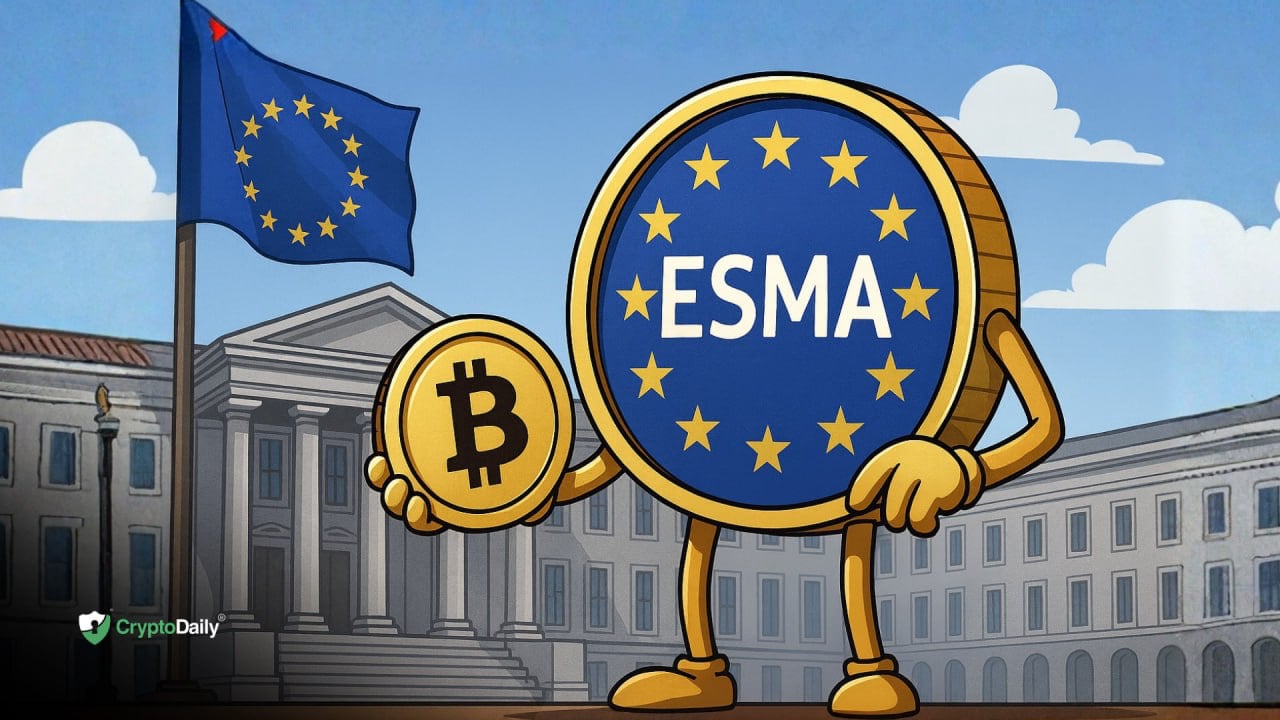The European Commission is set to implement a significant overhaul of cryptocurrency regulation within the EU by proposing that the European Securities and Markets Authority (ESMA) assume direct supervisory control over all crypto service providers across member states. This initiative marks a notable shift from the current regulatory framework established by the Markets in Crypto-Assets (MiCA) legislation and could lead to increased legal ambiguities.
The draft plan, reported by Bloomberg, suggests that all crypto businesses operating within the Union would fall under ESMA”s jurisdiction, thereby enhancing regulatory oversight of key players in the market. In addition to supervisory responsibilities, ESMA would gain the authority to license new crypto-related businesses. This move is primarily aimed at tightening control over prominent crypto exchanges and addressing escalating concerns regarding security breaches and money laundering activities.
Currently, MiCA allows crypto firms licensed in one EU nation to offer services throughout the bloc, facilitated by a process known as “passporting,” where national regulators oversee local operations. However, the new proposal would centralize this oversight under ESMA, impacting all crypto service providers, including those already authorized under MiCA. While the draft reportedly permits ESMA to delegate certain responsibilities back to national regulators, their powers would be significantly curtailed.
Robert Kopitch, secretary-general of Blockchain for Europe, expressed concerns about the implications of reopening MiCA at this stage. He warned that such a move could introduce legal uncertainty, potentially delay the authorization process, and divert focus and resources from the crucial task of ensuring consistent implementation across the region. Furthermore, he emphasized that national regulators have established closer ties with crypto providers, a dynamic that a centralized authority like ESMA may find challenging to replicate.
The proposal remains in its draft stage and will need to gain approval from both the European Parliament and the Council of Member States before it can be enacted. This regulatory evolution reflects the EU”s ongoing efforts to adapt to the rapidly changing landscape of cryptocurrency and ensure robust oversight in a sector that continues to grow in complexity and significance.















































































